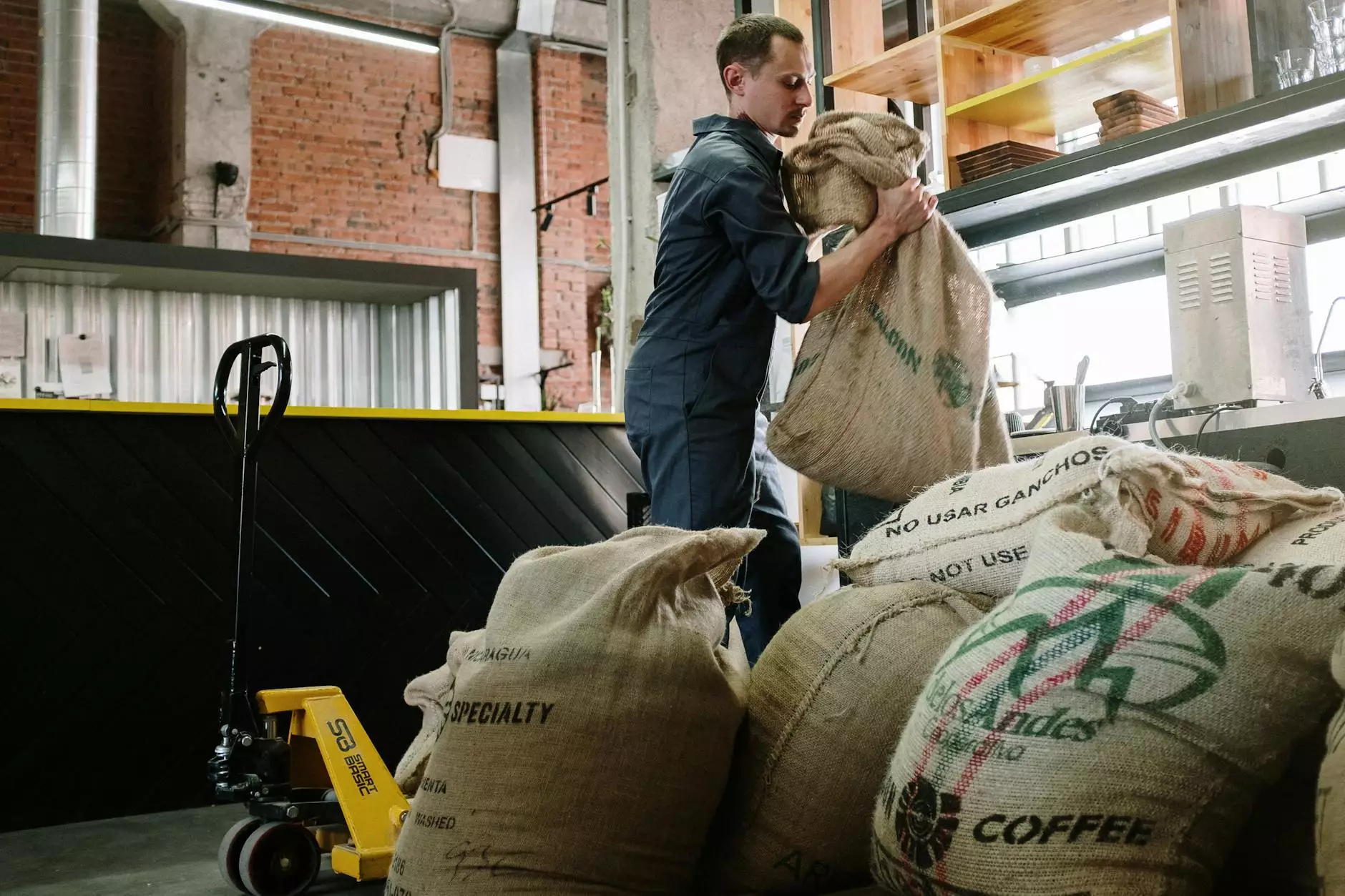Proprietary Trading in Crypto Commodities: Unlocking Financial Growth Opportunities

In today's rapidly evolving financial landscape, proprietary trading in crypto commodities has emerged as a transformative strategy for financial institutions and savvy traders seeking to generate superior returns and diversify their portfolios. As the digital economy continues its exponential expansion, understanding the nuances, benefits, and strategic considerations of proprietary trading in crypto commodities becomes critical for stakeholders aiming to stay competitive.
Understanding Proprietary Trading in Crypto Commodities
Proprietary trading, often abbreviated as prop trading, involves financial institutions using their own capital to trade in stocks, bonds, derivatives, and increasingly, crypto commodities. Unlike client-based trading, prop trading is conducted to capitalize on market opportunities directly, with the goal of achieving maximum profitability.
When applied to crypto commodities, proprietary trading takes place within the digital asset sphere, covering a spectrum of products such as Bitcoin, Ethereum, and other influential cryptocurrencies, as well as tokenized commodities and digital derivatives. This form of trading leverages advanced algorithms, high-frequency trading (HFT) platforms, and sophisticated risk management techniques to navigate volatile markets.
The Significance of Crypto Commodities in the Modern Financial Era
Crypto commodities have revolutionized traditional trading paradigms by introducing decentralized, borderless, and transparent financial instruments. Unlike conventional commodities such as gold or oil, crypto commodities operate within a digital ecosystem facilitated by blockchain technology, offering unparalleled liquidity and accessibility.
Some key advantages of crypto commodities include:
- 24/7 Trading Availability: Unlike traditional markets, crypto markets operate around the clock, providing constant trading opportunities.
- High Liquidity: Major cryptocurrencies and tokenized assets often have deep liquidity pools, ensuring ease of entry and exit.
- Decentralization: Reduced reliance on centralized institutions minimizes systemic risks and enhances transparency.
- Innovative Financial Instruments: Derivatives, futures, options, and tokenized assets allow for complex strategies tailored to risk appetite.
Strategic Advantages of Proprietary Trading in Crypto Commodities
Engaging in proprietary trading in crypto commodities offers several competitive advantages for financial service providers:
1. Diversification of Portfolio
Crypto commodities serve as a potent diversification tool within an investment portfolio, reducing dependence on traditional assets and tapping into the high-growth potential of digital assets.
2. Enhanced Profitability Opportunities
Given the market's high volatility, skilled traders leveraging proprietary capital can execute strategic buy-sell operations to capture short-term movements or hedge against risks effectively.
3. Access to Advanced Trading Technologies
Prop traders often utilize cutting-edge trading algorithms, machine learning, and AI-driven analytics to identify lucrative trade setups faster than retail traders.
4. Increased Market Insights
Proprietary trading teams develop deep market intelligence by analyzing order flows, market sentiment, and macroeconomic indicators, providing a competitive edge in fast-moving markets.
Challenges and Risks in Proprietary Trading of Crypto Commodities
While the prospects are promising, engaging in proprietary trading in crypto commodities entails intrinsic risks and challenges:
- Market Volatility: The extreme price fluctuations require robust risk management and quick decision-making.
- Regulatory Uncertainty: The evolving legal landscape across jurisdictions can impact trading activities and compliance requirements.
- Security Risks: Digital assets are vulnerable to hacking, fraud, and operational failures, necessitating rigorous cybersecurity protocols.
- Liquidity Risks: Although liquid for major assets, lesser-known crypto commodities may pose liquidity challenges impacting trade execution.
- Technological Risks: Dependence on complex trading systems increases exposure to system failures and technical glitches.
Best Practices for Effective Proprietary Trading in Crypto Commodities
Success in proprietary trading in crypto commodities depends on implementing strategic best practices:
- Robust Risk Management: Incorporate stop-loss orders, position limits, and continuous portfolio analysis to mitigate downside risks.
- Advanced Analytical Tools: Utilize AI, machine learning, and big data analytics for real-time market insights and predictive modeling.
- Regulatory Compliance: Stay informed about current laws, licensing requirements, and best practices for compliance within your jurisdiction.
- Secure Trading Infrastructure: Prioritize cybersecurity measures, cold storage options, and secure authentication protocols to protect digital assets.
- Continuous Education and Training: Foster ongoing knowledge development and skills enhancement among your trading teams.
Future Outlook of Proprietary Trading in Crypto Commodities
The trajectory of proprietary trading in crypto commodities looks highly promising as technological innovations, regulatory clarity, and institutional acceptance continue to converge. Key trends to watch include:
- Expansion of Institutional Participation: More banks, hedge funds, and asset managers are integrating crypto assets into their proprietary trading strategies.
- Refinement of Trading Algorithms: Continued improvements in AI enable greater predictive accuracy and automation.
- Integration with Traditional Markets: Cross-market strategies blending traditional commodities with crypto assets are gaining traction.
- Regulatory Maturity: Clearer regulatory frameworks will foster market integrity, transparency, and investor confidence.
Conclusion: Embracing Innovation in Financial Services Through Crypto Commodities
In the dynamic realm of financial services, proprietary trading in crypto commodities represents a frontier of unparalleled opportunity. Organizations that harness advanced technology, adhere to rigorous risk management practices, and adapt to evolving regulations stand to gain significant competitive advantages.
As the digital economy expands, the strategic deployment of prop trading in crypto commodities not only amplifies potential returns but also reinforces the importance of innovation and agility within financial institutions. Embracing this paradigm shift can pave the way for sustained growth, resilience, and leadership in a rapidly transforming financial landscape.
Discover More About Financial Strategies at PropAccount.com
For comprehensive insights, expert guidance, and innovative solutions in financial services, particularly related to proprietary trading in crypto commodities, visit PropAccount.com. Our platform is dedicated to helping traders and institutions unlock their full potential through cutting-edge tools and strategic consulting.









